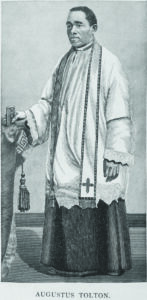
Rising Above
From slavery to the priesthood
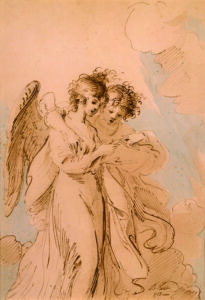
Voice and Freedom
Expressing our essential self
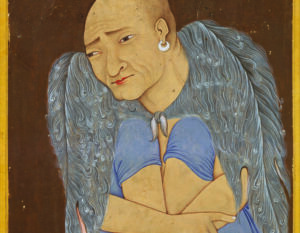
Meeting the Teacher
A life-changing encounter with spiritual authority
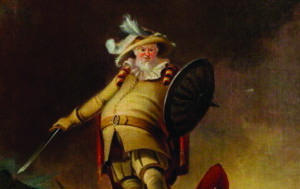
I Knew Two Men
Remembering Harold Bloom and Jacob Needleman
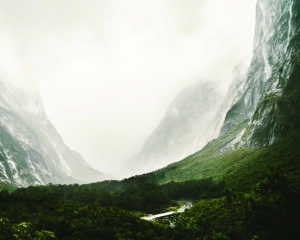
The Word for Soul
A lyrical song of love, nature, the sacred
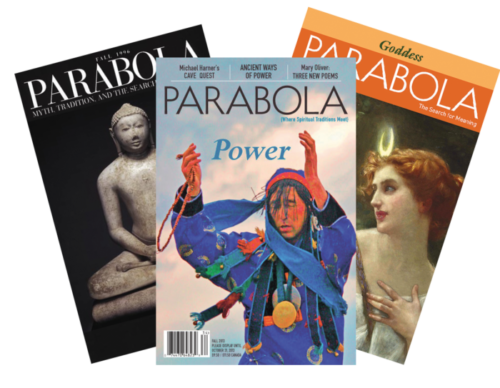
Many Parabola back issues are available to buy in both print and digital format. Visit our online store to browse our collection!
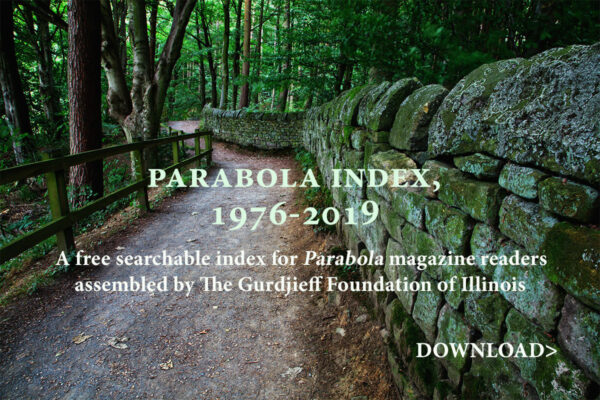
The Gurdjieff Foundation of Illinois has generously assembled a free searchable index for Parabola magazine readers. The index will allow rapid and in-depth access to any topic/author/title covered by over 40 years of Parabola‘s publications.
Popular Posts
Browse

Rising from the Fire: The Art of Transformation, by David Ulrich
The fiery path from light to light

Izanagi and Izanami, a Japanese myth, Retold by Paul Jordan-Smith
How the goddess of creation became the goddess of death

The Demands of the Way, by Tcheslaw Tchekhovitch
A spiritual master on what it takes

Kissed by Fire, by Trebbe Johnson
Fire Creates. Fire Cooks. Fire Kills. Fire also kisses. It kisses death from life and life from death.
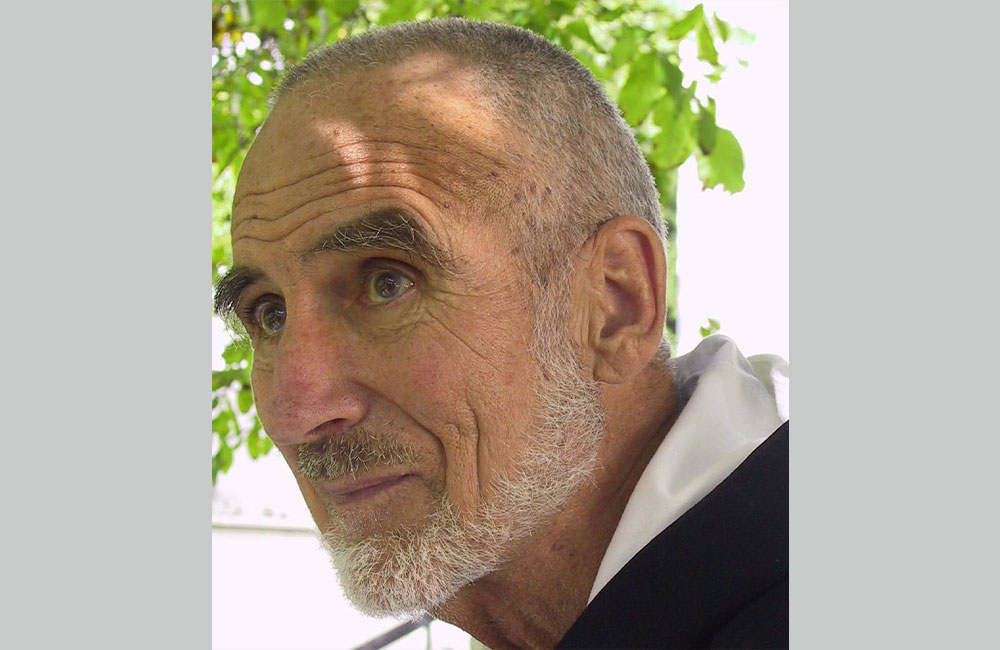
Learning to Die, by Brother David Steindl-Rast
David Steindl-Rast (2004) Wikipedia The only point where one can start to talk about anything, including death, is where one finds oneself. And for me this is as a Benedictine monk. In the rule of St. Benedict, the momenta mori has always been important, because one of what St. Benedict calls…

We Begin Where We Are, by Jan Jarvis
In his book All and Everything, G.I. Gurdjieff presented what he called the “Obligolnian Strivings,” directives intended to instill in the consciousness of those who practice them—said to be engaged in the “Work”—the “divine function of genuine Conscience.”

Zen Moments, by Pamela Travers
Katsushika Hokusai (1760–1849), Tea house at Koishikawa. The morning after a snowfall We sit on our heels on the tatami, the Japanese woman and myself, telling the stories of our lives. One can do this with a stranger. Too near, and the perspective is lost. Only the far can be near….
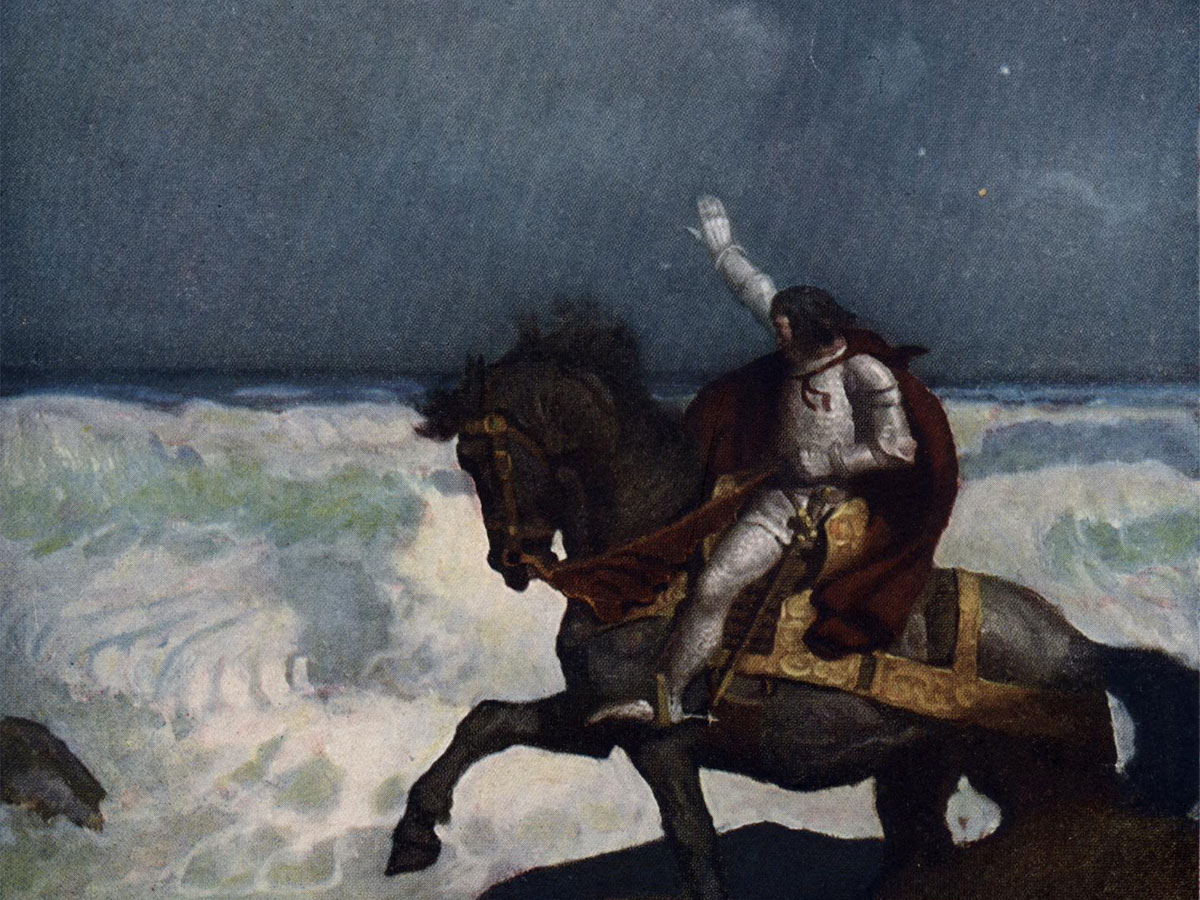
The Unasked Question, Retold by Paul Jordan-Smith
A classic quest seen anew
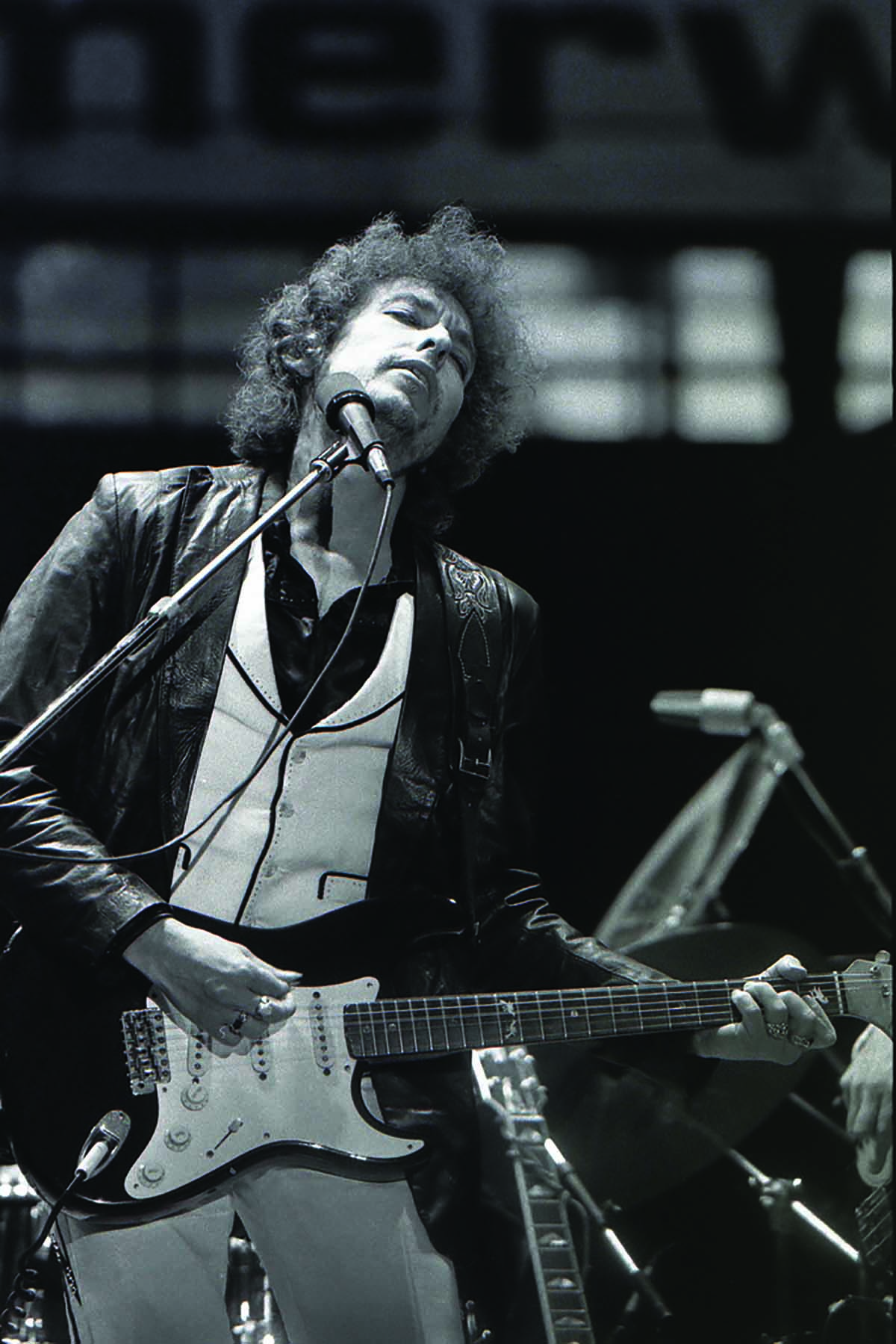
Bob Dylan and the Goddess, by Ed Prideaux
The Nobel winner with his muses

Part of an Ancient Story: A Conversation with Llewellyn Vaughan-Lee (Full Version)
Llewellyn-Vaughan-Lee photographed by Richard Whittaker One August day recently in Northern California, Llewellyn Vaughan-Lee sat down with Parabola in to speak about free will and destiny. The English-born Vaughan-Lee is a Sufi mystic and lineage holder in the Naqshbandiyya-Mujaddidiyya Sufi Order and the founder of The Golden Sufi Center. Sitting in…

Tracking Thoreau & Leopold, by Keith Badger
A trail toward a Golden Rule, a Land Ethic, and real magic
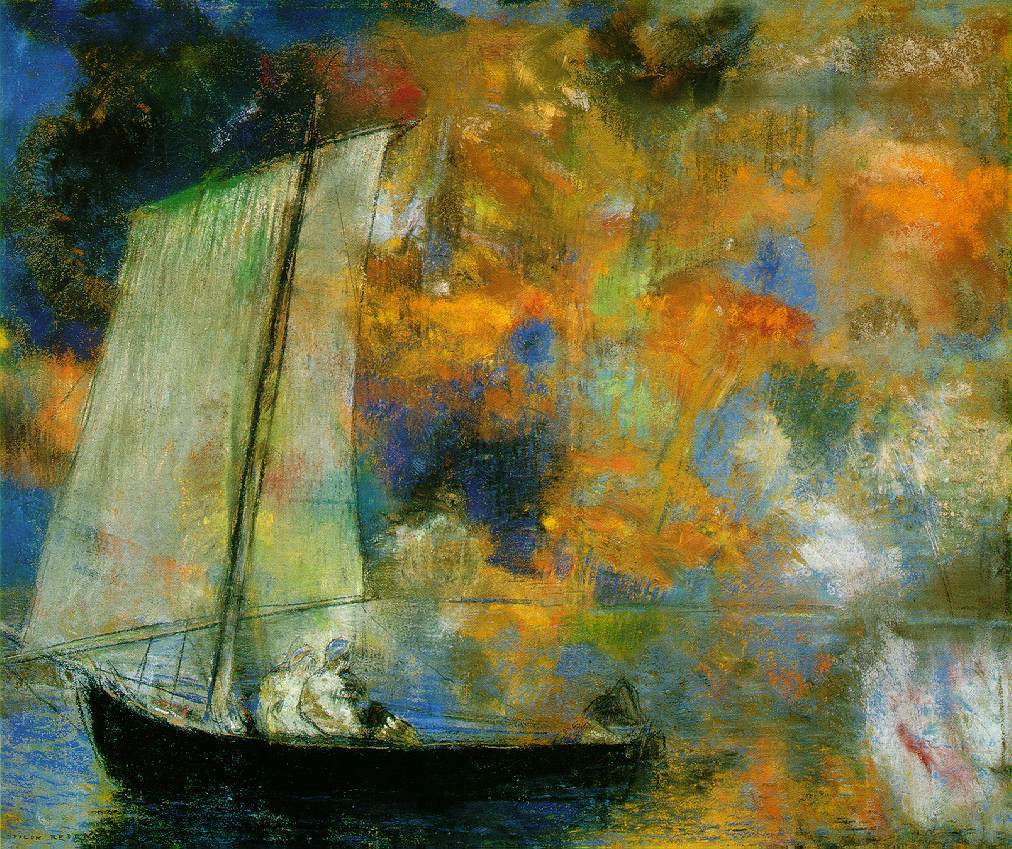
Soft, by Tracy Cochran
Odilon Redon, Flower Clouds, 1903 The root meaning of heal is whole. Illness and mishap and even great tragedy can lead us eventually from the pain of isolation to a greater wholeness. There is such a powerful tendency in our spiritual aspiration to climb up out of the mess of our…

Indigo Animal: The Complete Trilogy
Indigo Animal is original, delightful, and profound. The artist, Rue Harrison, has given us wonderful characters in illustrated books in which she has raised the bar on a certain kind of content. […]
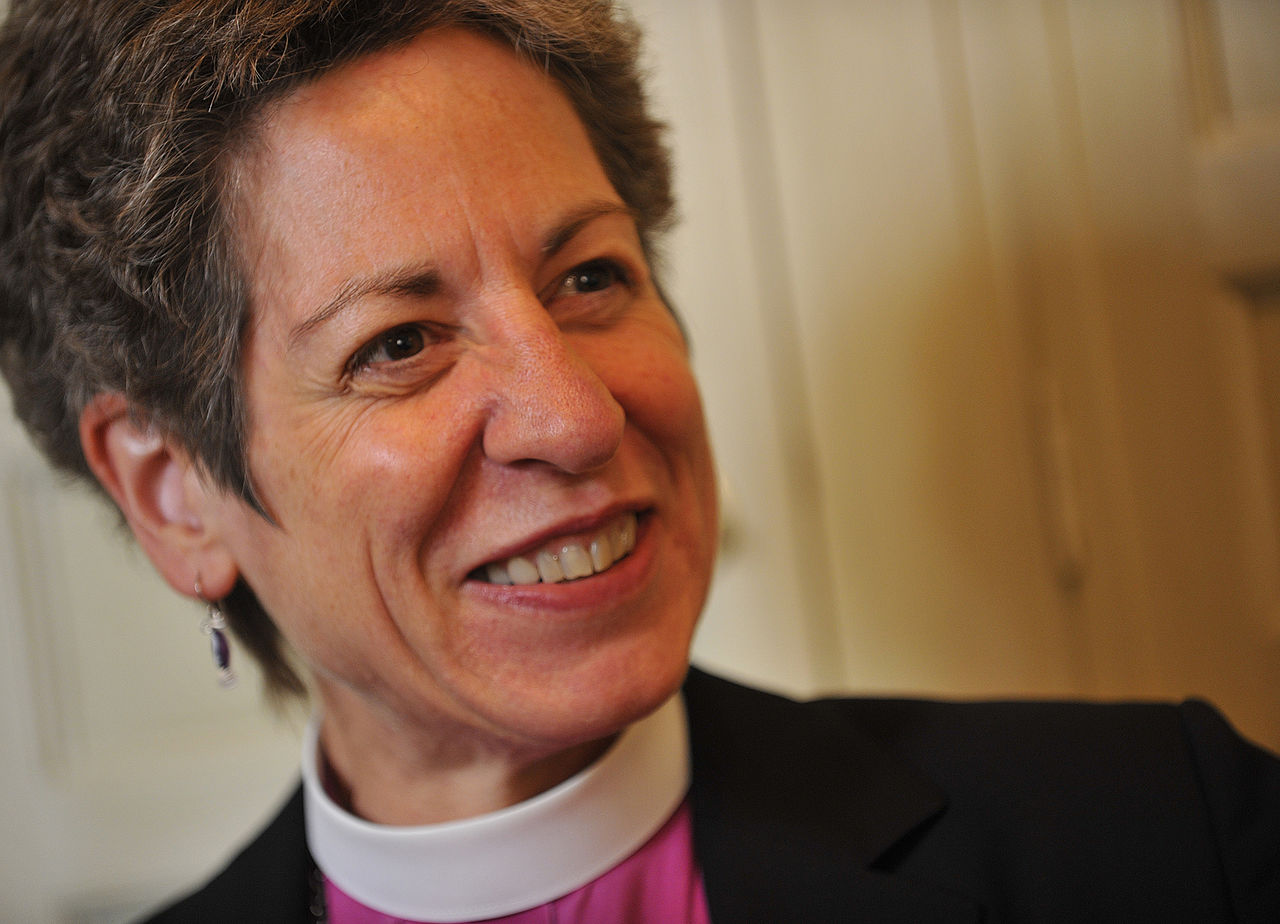
“A Wing And A Prayer,” An Interview with Bishop Katharine Jefferts Schori
An Interview with Bishop Katharine Jefferts Schori, Presiding Bishop of the Episcopal Church from November 4, 2006 until November 1, 2015.
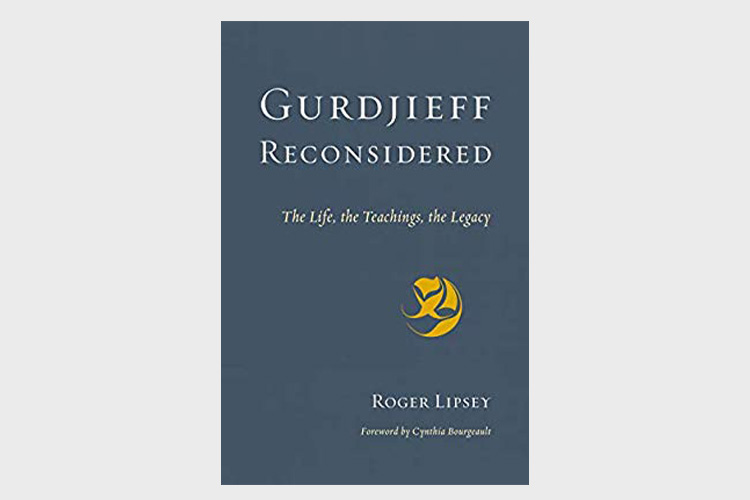
GURDJIEFF RECONSIDERED: The Life, the Teachings, The Legacy
“GURDJIEFF RECONSIDERED: The Life, the Teachings, The Legacy” by Roger Lipsey. Reviewed by Jeff Zaleski

What Happens in Mindfulness, by Cynthia Bourgeault
A review of John Teasdale’s “What Happens in Mindfulness” by Cynthia Bourgeault
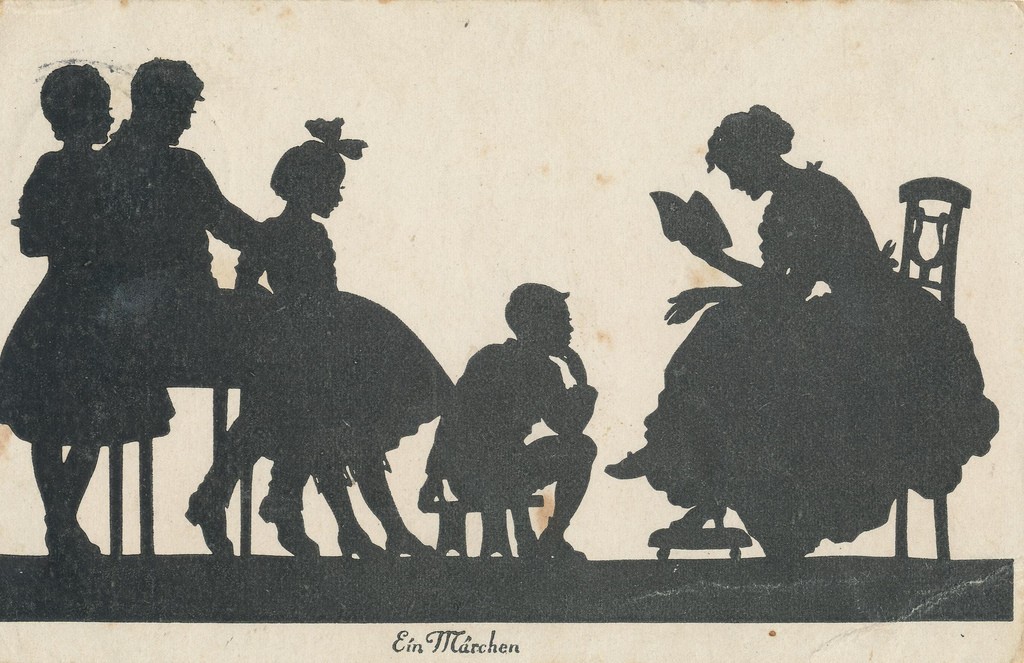
Gifts for Gifted Children
Each summer I teach creative writing classes at the Johns Hopkins Center for Talented Youth. It’s a wonderful job for many reasons: my colleagues are uniformly, eccentrically brilliant, I’ve taught at campuses all over the country, from Los Angeles to the U.S. Virgin Islands, and since the program is a sleepaway camp, the mood is…

Paths are Made by Walking, by Nipun Mehta
Four steps to take on the road of life
To Go Beyond Thought, an Interview with Karen Armstrong
One bright spring day, Parabola met with Karen Armstrong in her suite at the Parker Meridian hotel in Manhattan. The petite, friendly 62-year-old British ex-nun, arguably the most influential commentator on religion in the English-speaking world, was on tour to promote her latest bestselling book. Lauded by critics as “magisterial” and “magnificent,” The Great Transformation…
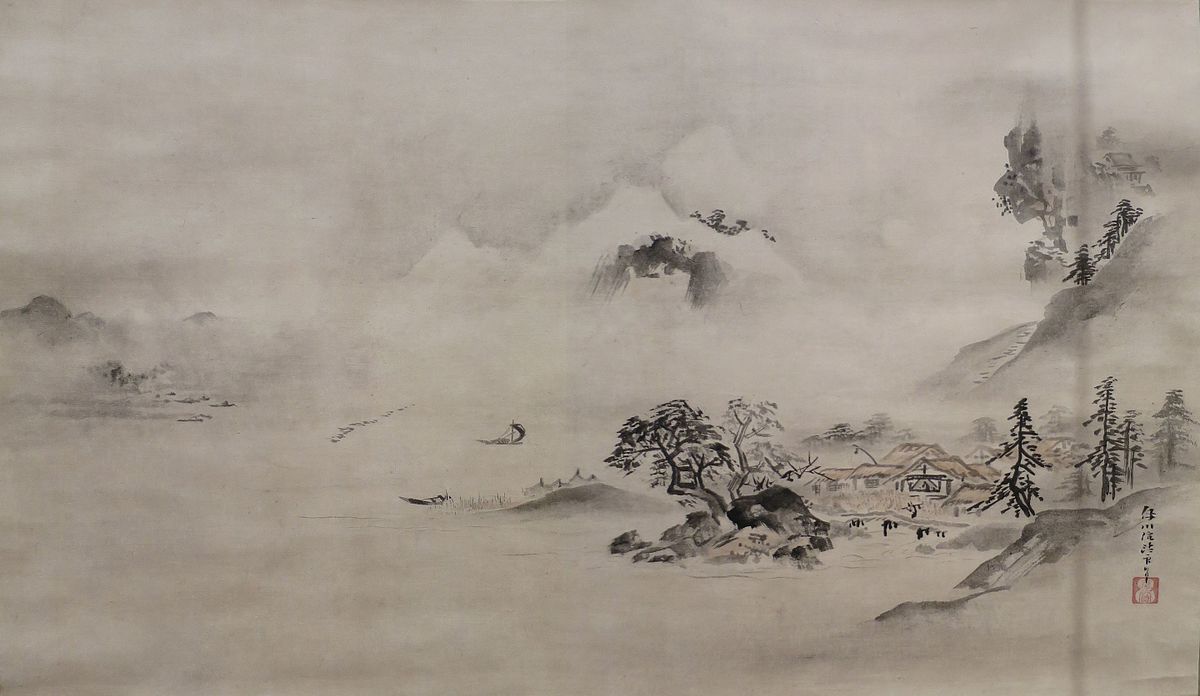
The Simple Joy of Being, by Adyashanti
Backpacking into deeper Reality

The Miracle of Consciousness, by Christian Wertenbaker
The science and spirit of awareness

A New Conception of God, by Keith Buzzell
An interview with Keith Buzzell

In Search of Bombadil, by Keith Badger
Tracking J.R.R. Tolkien’s Keeper of the Forest
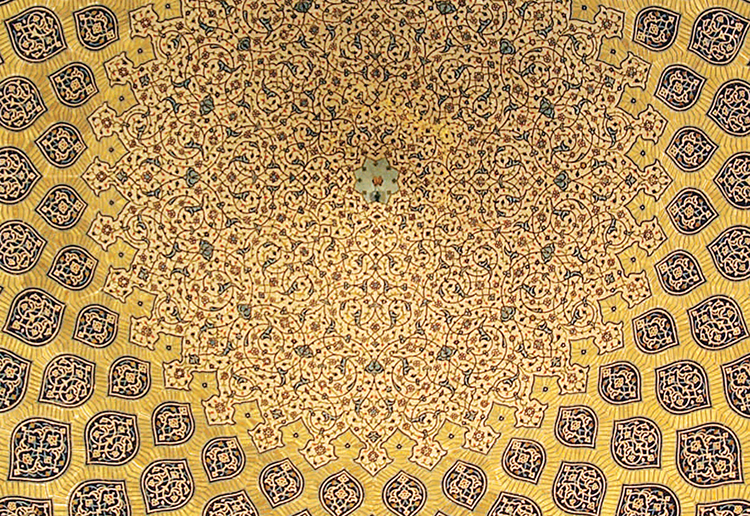
Not Knowing, Non-Being, and the Power of Nothingness, By Llewellyn Vaughan-Lee, with Hilary Hart
Exploring the “hidden face of God”

To Let the Light In, a Conversation with James George
James George is a retired Canadian diplomat who served with distinction as High Commissioner to India, and Ambassador to Nepal and Iran. Chögyam Trungpa called him “a wise and benevolent man, an ideal statesman,” and the Dalai Lama refers to him as an “old friend.” He has known many important spiritual teachers of the twentieth…

Parabola Podcast Episode 41: Androgyny
“At the very outset of the journey inwards, there is a crossroads. Signs point in both directions, and I am pulled both ways. I find that I am double. I want something and at the same time I don’t want it; I love and hate the same person. I am light and dark; I aspire…
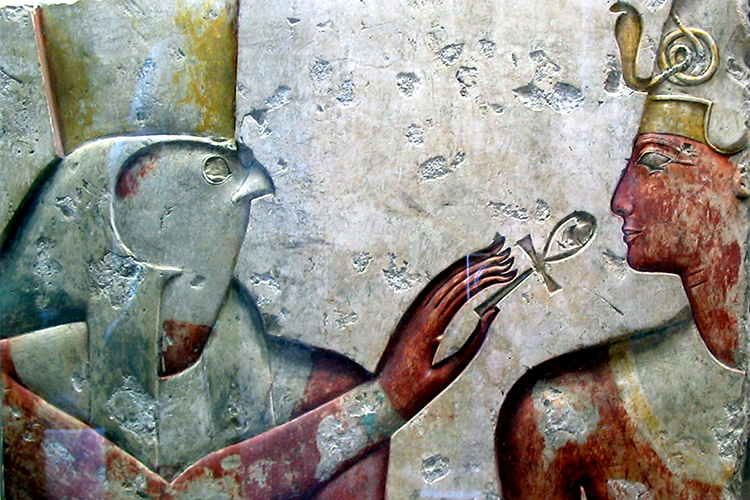
Awakening Higher Consciousness: Guidance from Ancient Egypt and Sumer
When two ecologists and biologists, who have spent a year together exploring the wisdom hidden in ancient Egyptian temples, decide to share their discoveries about awakening higher consciousness […]
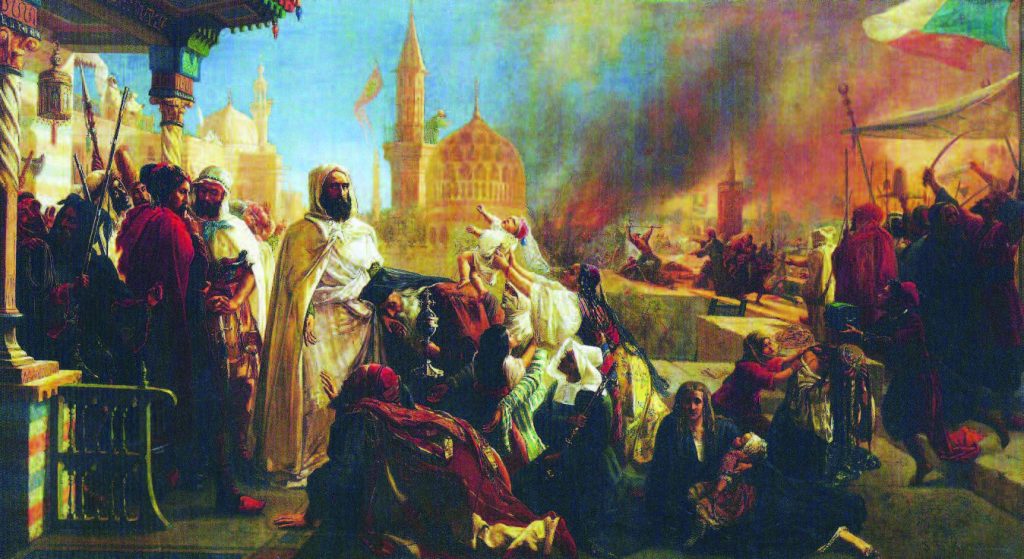
The Compassionate Warrior, by Elsa Marston
This was the time in his life that Abd el-Kader had intended to devote to peaceful pursuits such as prayer, teaching, and charitable deeds. He might have turned his back on the growing tensions in Damascus: It would not have been unreasonable. Yet he could not escape the world around him, or the role that…
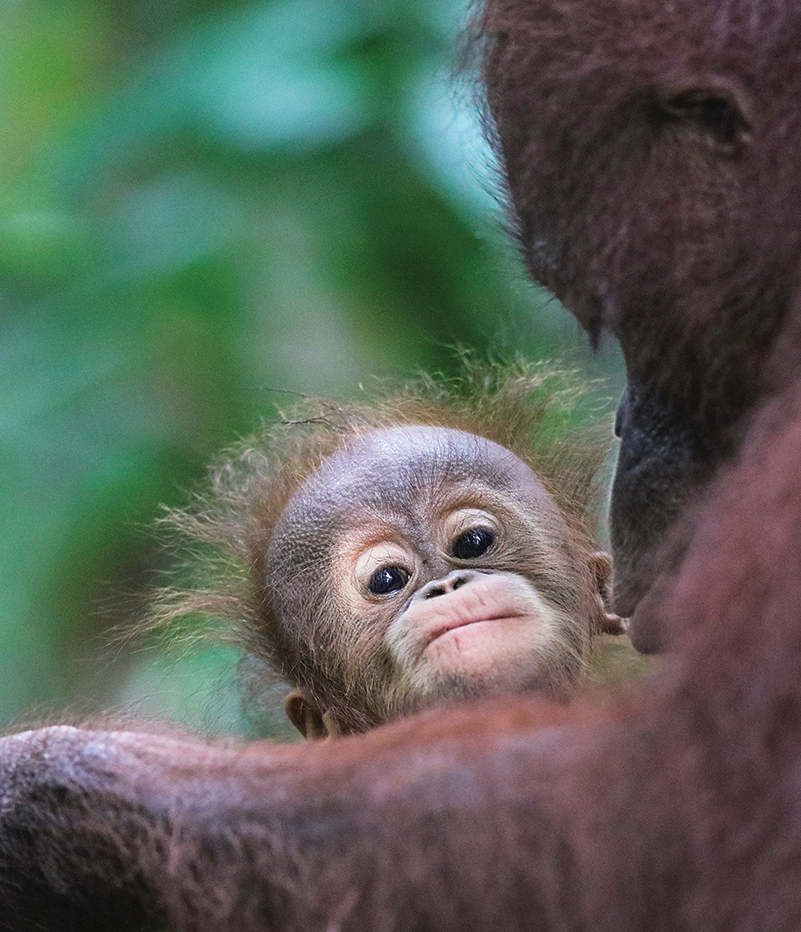
Who Are You? by Jennifer Skiff
A human, an orangutan, a heart-to-heart communion

Out of the Box: How Raven gave light to the world, by Leslie Hebert
Anonymous / Haida
Retold by Leslie Hebert

How to Find a Spiritual Teacher, by Lillian Firestone
If you dream of finding a great Teacher, a Master, the operative advice is, “get real.” Great teachers may appear once in a hundred years. …

An Interfaith Crucible
A conversation with Mirabai Starr

I Have A Suitcase, by Lee van Laer
I have a suitcase
Packed with many things. …

Waken, Valkyrie!, by Richard Wagner
Waken, Wala!
Wala! Awake!
From thy long sleep,
Slumberer, wake at my call! […]

Parabola Podcast Episode 39: The Wild
Story Editor Betsy Cornwell shares excerpts from the current issue of PARABOLA: The Wild.
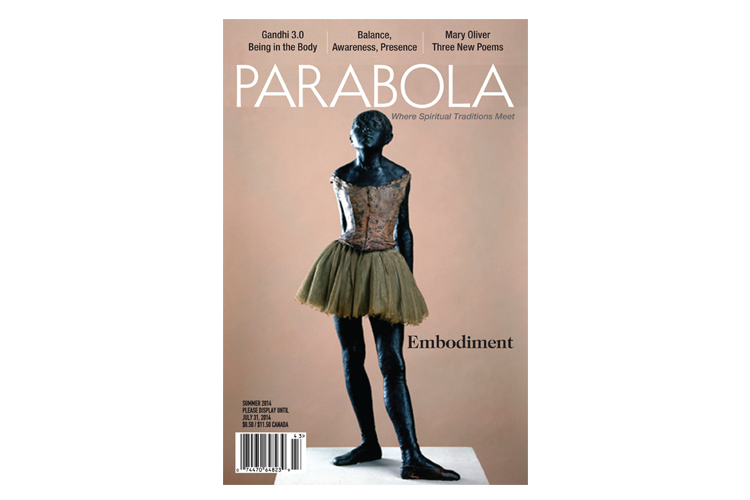
Lesson from Volume 39 No. 2, Fall 2014: Embodiment
Tracy Cochran, “A Shared World”

A Welcome Oasis: The 27th All & Everything International Humanities Conference, by Keith Badger
I would first and foremost like to follow an age-old injunction that every writer, before giving out any advice or critique to anyone else, should obligingly give an honest account of their journey. So before doing an appraisal of the 27th All & Everything International Humanities Conference I offer a short yet pertinent brief. Having…

Helen Keller, by Langston Hughes
She,
In the dark,
Found light
Brighter than many ever see. […]

Portfolio: Richard Whittaker
One Autumn day in 1976 a question appeared: if I took a photo of something I’d seen that touched my feelings, would the feeling return later when I looked at the print?

Without Pause, by Mark Nepo
They say the legendary hitter Ted Williams could see the seams of the ball as it came out of the pitcher’s hand. …

Driving Lessons, by Snigdha Manickavel
A young woman navigates the roads outside—and within

Maidens & Monsters, Betsy Cornwell
Cinderella slaves for years for her heartless stepfamily; Beauty offers her life to the Beast at her father’s request. […]
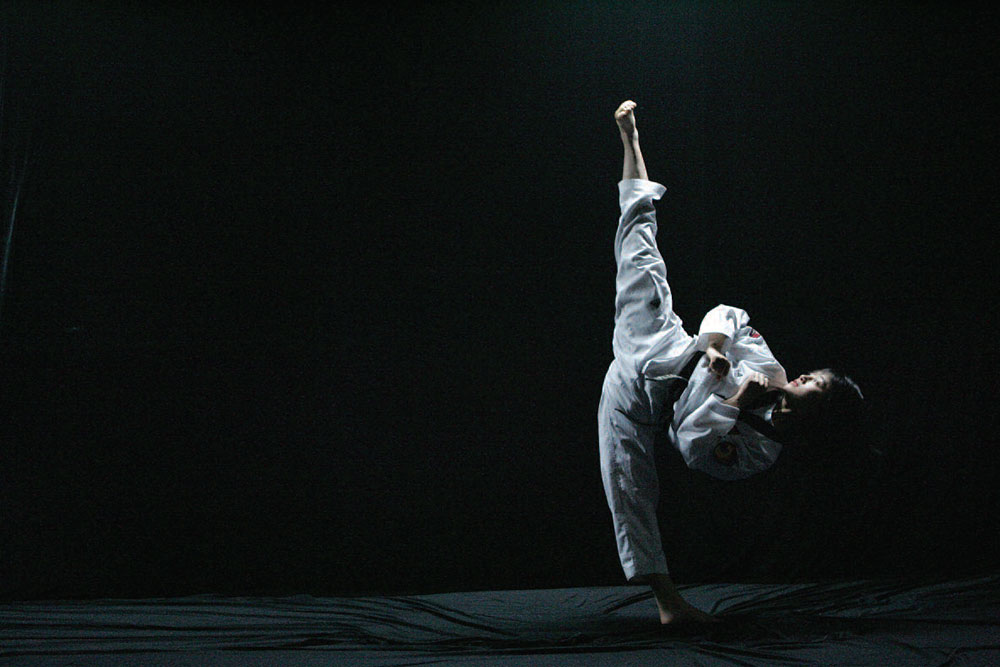
“I Will Teach You” by Great Grandmaster Tae Yun Kim
To meet her destiny, she needed a miracle

Let Them Be, by Luis Fernando Llosa
America’s children are being robbed of their childhood. It’s as simple as that.

The Yoga Master at Ninety, an Interview with B.K.S. Iyengar
Born in India in 1918, B.K.S. Iyengar has been teaching yoga since the age of seventeen. An innovative and exacting teacher for more than sixty years, he has guided the establishment of many centers of Iyengar Yoga worldwide. His message is “Yoga is for everyone.”
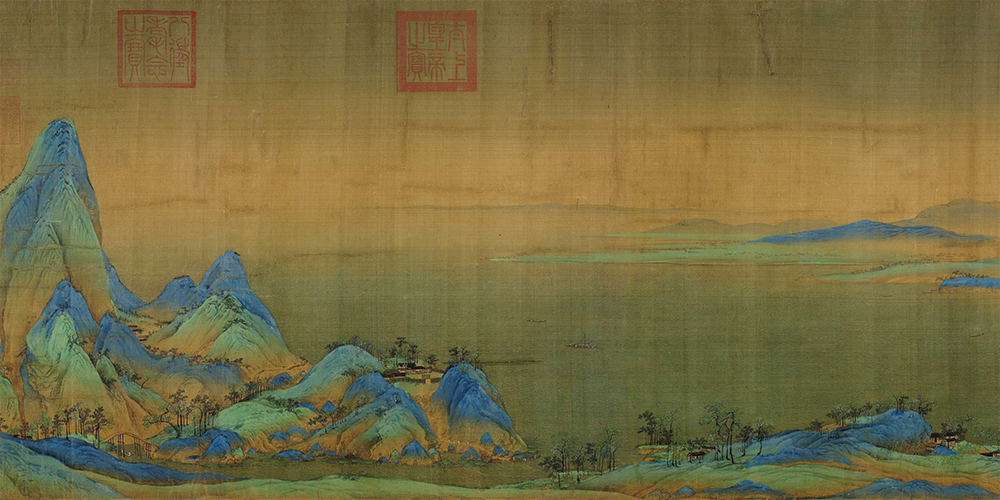
The Monkey and the River, by Mark Nepo
The simplest and hardest thing to do each day is to be here–fully, completely, without turning away.
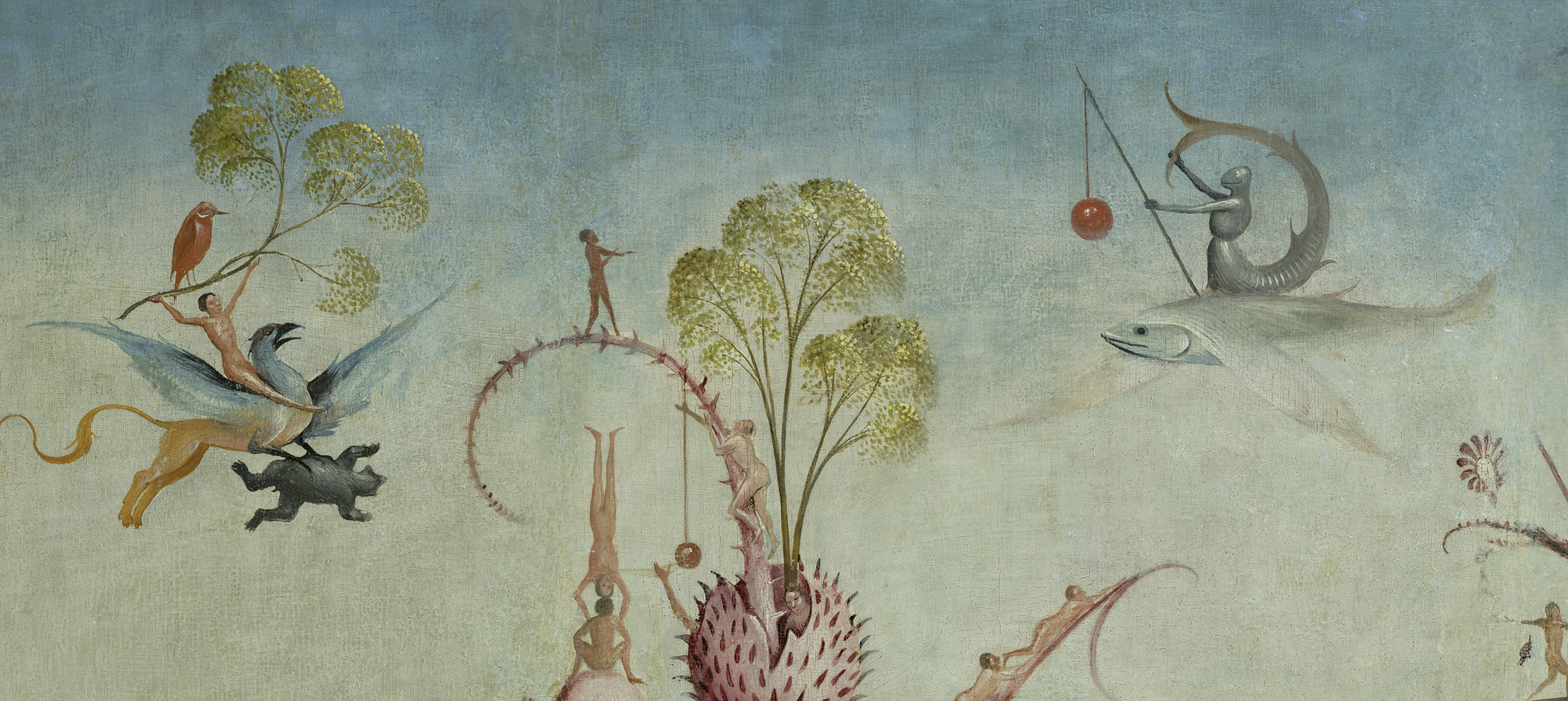
Parabola Podcast, Episode 7: “Ways of Healing”
Story editor Betsy Cornwell explores our current issue, “Ways of Healing,” in PARABOLA Magazine’s podcast. Learn more about this issue or become a subscriber at parabola.org. This episode also includes Kenneth Lawrence’s retelling of the Japanese tale “Kiyotsune.” Please consider supporting this podcast and Parabola Magazine by purchasing a back issue or becoming a subscriber. This…

Like Snow, by Wendell Berry
Suppose we did our work
like the snow, quietly, quietly.
leaving nothing out.
—Wendell Berry

Growing a Cross-Cultural Garden, by Padma Hejmadi
Connecting with the cosmic through the grace, hardship, and gifts of a garden.

Pulitzer-winning poet Mary Oliver has died at 83
Mary Oliver was an astonishing poet beloved by many and also a frequent contributor to PARABOLA over the years.
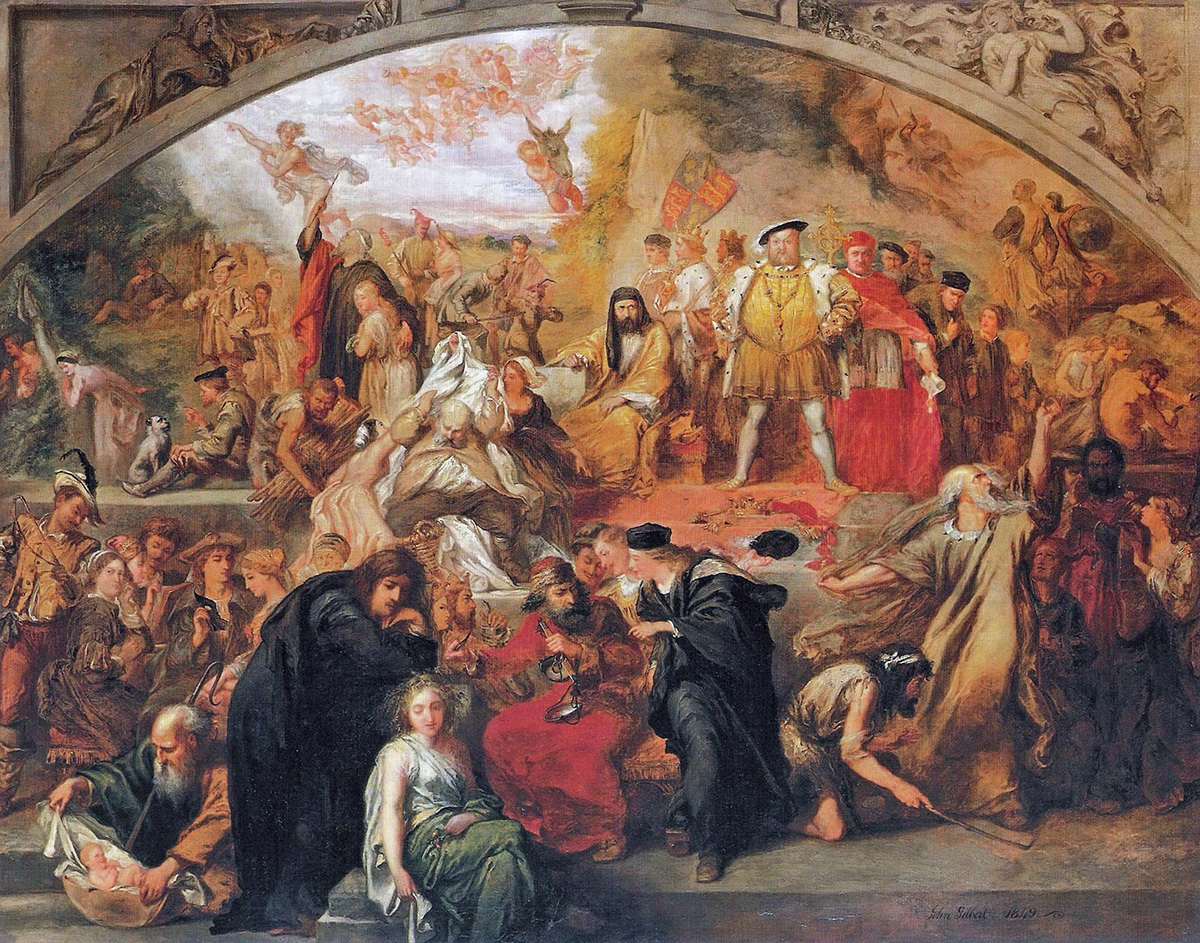
The Esoteric Shakespeare, by Michael White
“All the world’s a stage.”

From Bad to Good, by Patty de Llosa
One of some seven-hundred current members of Ready Willing & Able, the Doe Fund’s flagship training and sustaining organization, Joe will spend the next few months …
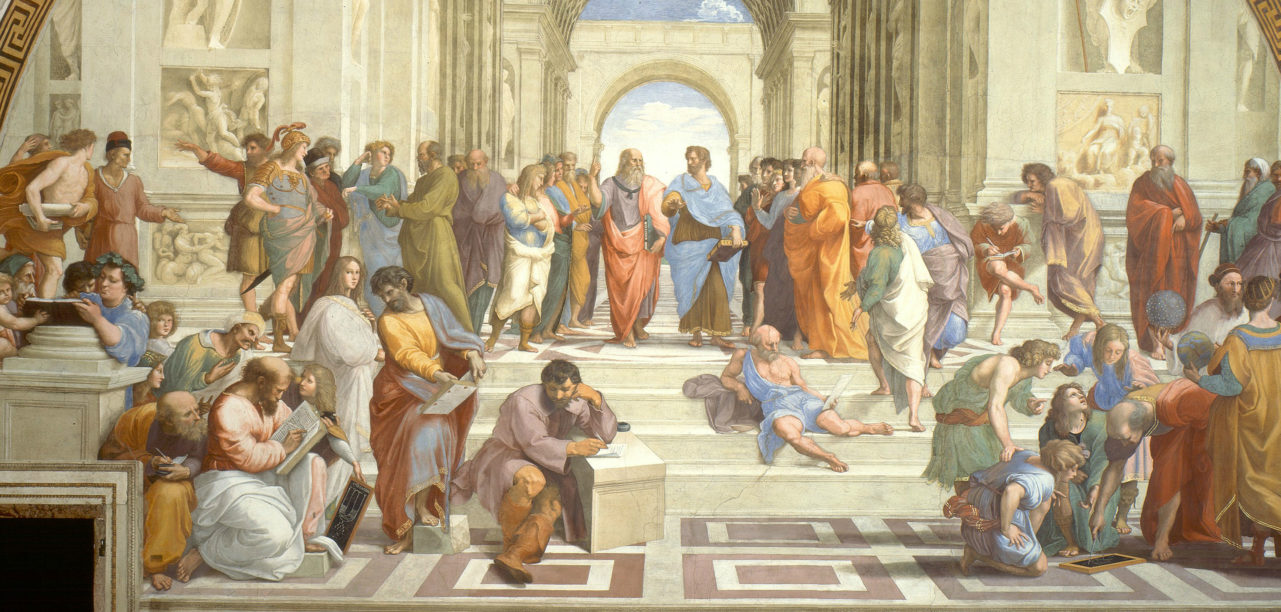
THE ETERNAL LAW: Ancient Greek Philosophy, Modern Physics and Ultimate Reality
“The Eternal Law: Ancient Greek Philosophy, Modern Physics and Ultimate Reality” by John Spencer. Reviewed by Ocean Malandra.

With Outstretched Arms, Like Wings, by Sister Wendy Beckett and Robert Ellsberg
A visit with the famed nun and art historian

Baking with Metta, by Lynda A. Archer
Lynda A. Archer

To Hold One’s Own, by Surnaí Molloy
Making the world her own

The Calling, by Lucinda Herring
Meeting death with dignity

Passing Through the Storm, by Tracy Cochran
How can we find joy in this suffering world?

HOW GOD BECAME GOD: What Scholars are Really Saying About God And the Bible
“We have been thrown into this world without knowing why or how. As people sometimes say, “I didn’t ask to be born.” And you didn’t (at least as far as you can remember). But you are here, and you have to deal with it.”
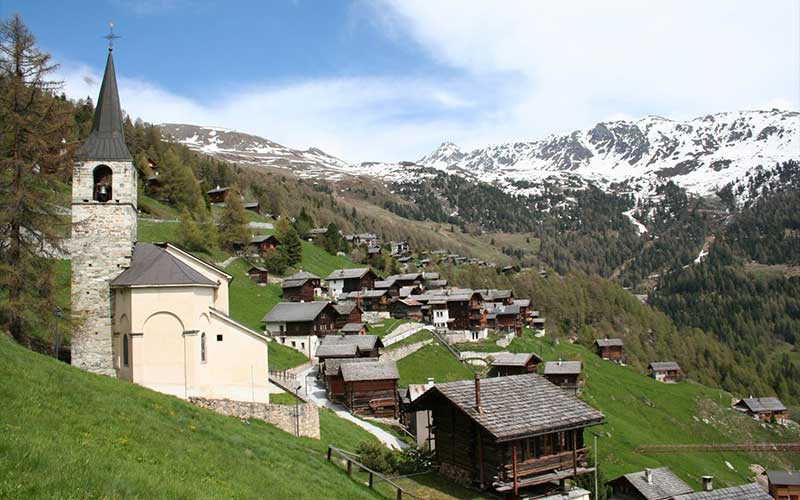
An Intelligence That Bypasses Thought: On Retreat with Michel de Salzmann, by Fran Shaw
Recollected talks of Michel de Salzmann at Chandolin
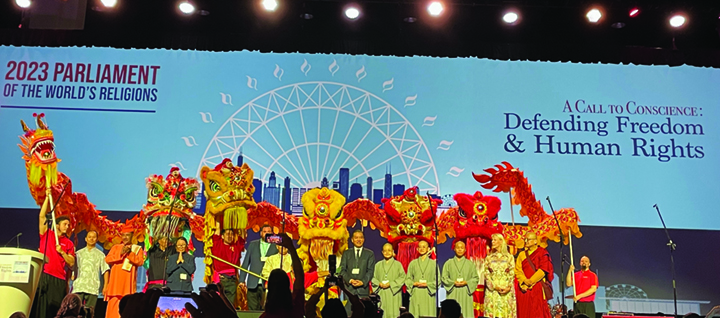
Light and Danger through the Crack in the Door, by Trebbe Johnson
A lively report from the 2023 Parliament of the World’s Religions

The Gospel of Mary Magdalene, by Cynthia Bourgeault
Was she “first among the apostles” of Jesus Christ?

Remembering, by Pamela Travers
Tobias and the Angel, detail of painting by Raphael. National Gallery, London. From Peter Lamborn Wilson, Angels (London: Thames and Hudson, 1980). A Hebrew Myth, a potent element in the annals of the bees, tells us that when a child is born an angel takes it under his wing and recites…
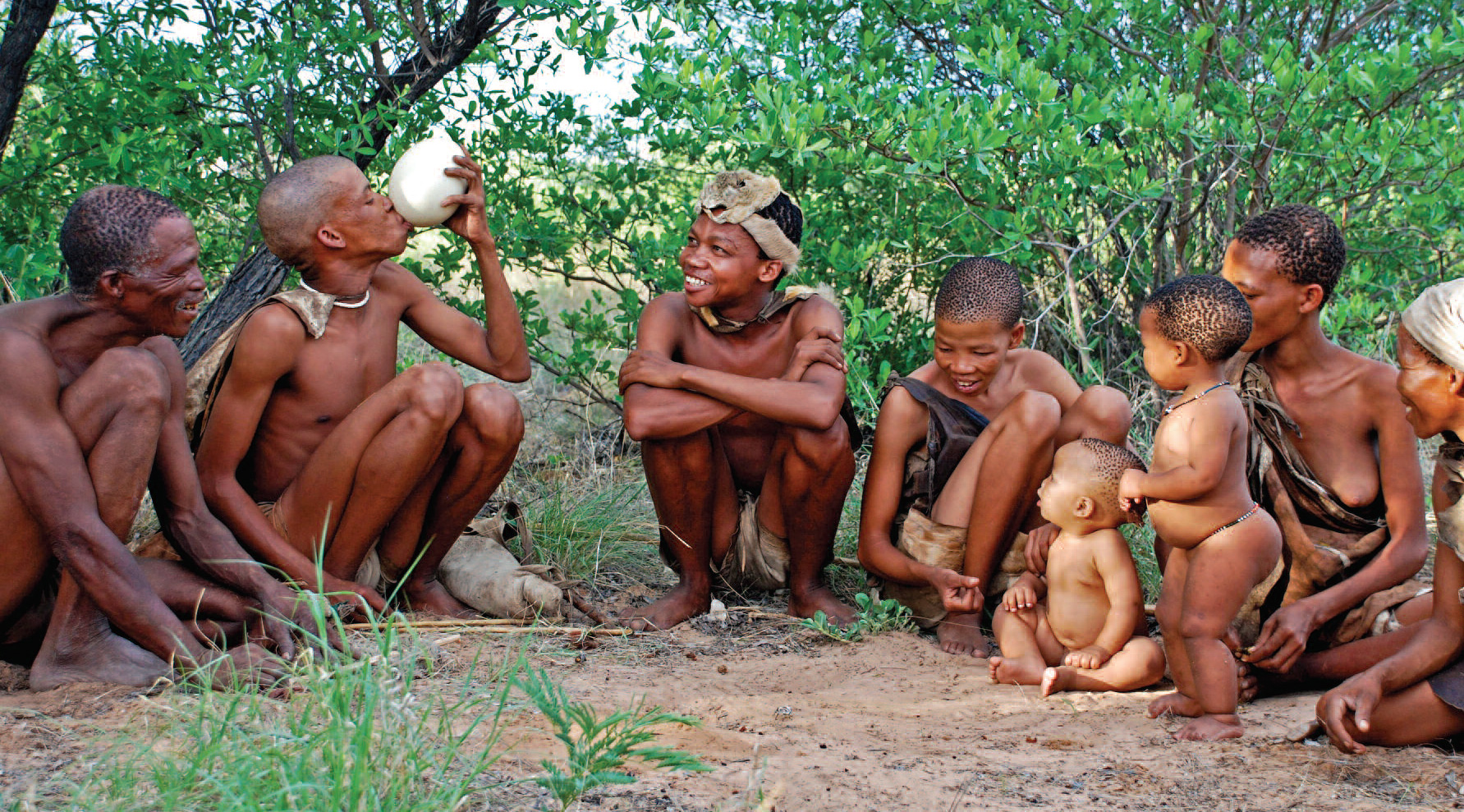
Eight Worldviews and Practices, by Mark Nepo
Eight traditional ways to wholeheartedness and authenticity

The Real Rasputin? by Richard Smoley
A fresh look at “the mad monk”

Hearing the Cries of the World, by Mark Nepo
This story is so old we don’t know who told it or who it’s about, except that it speaks to all of us. We no longer know if it was a “he” or “she” at the center of the story. […]
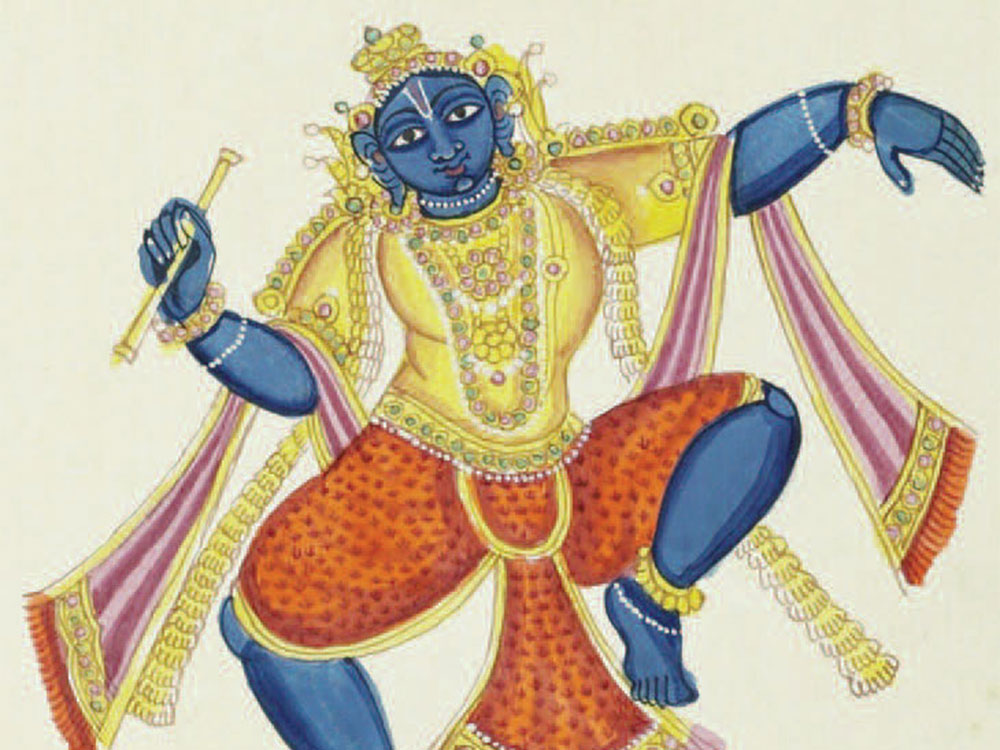
The Yoga of Sacred Knowledge and Discernment, by Ravi Ravindra
Life lessons from the Bhagavad Gita
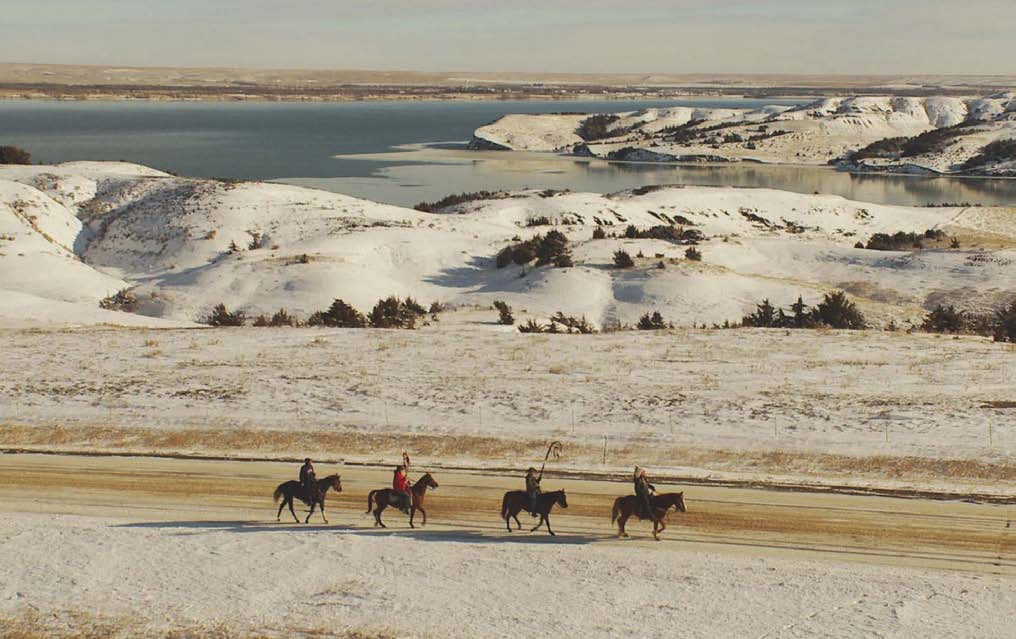
To Try To Have Some Healing, A Conversation with Silas Hagerty
Silas Hagerty was a young filmmaker in his twenties when I met him at a Servicespace retreat. […]

The Great Unknown Is Me, Myself: A Conversation with Jacob Needleman
Jacob Needleman’s voice has been prominent in the conversation about man’s inner possibilities for some forty years.

Pathways, by Mark Nepo
I don’t know why I was born | with this belief in something | deeper and larger than we can | see. […]

Ave Maria, by Jenny Koralek
Vincent Van Gogh, Pietà (after Eugène Delacroix). 1889. Van Gogh Museum, Amsterdam As the following passage begins, Jesus of Nazareth, here called Yeshua, is suffering on the cross, attended by several including his mother, Mary, here known as Maryam, and Elizabeth, cousin to Maryam and mother of John the Baptist. It is Elizabeth who narrates. —The…

Presence and Prayer, by Michel Conge
To cherish the divine spark
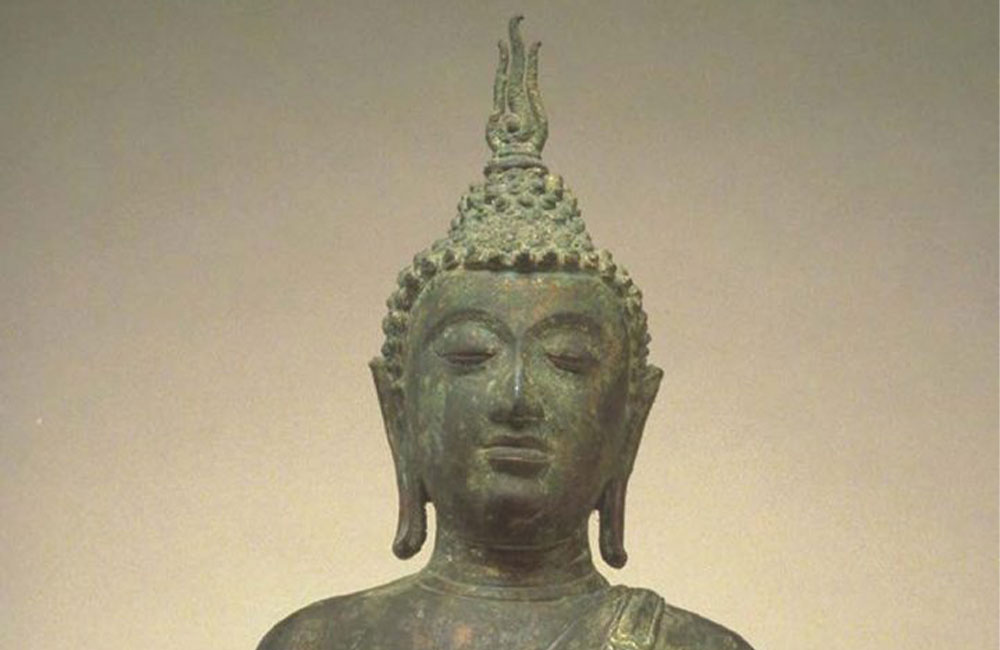
Away, by Tracy Cochran
On silent retreat, a woman finds connection from PARABOLA, Vol. 37:2, Summer 2012: Alone and Together.

Testimony, by Brenton MacKinnon
A powerful remembrance of war and peace

You Would Run for Your Life, by Tracy Cochran
A mother and daughter trace their roots to the Vikings—and to those they conquered
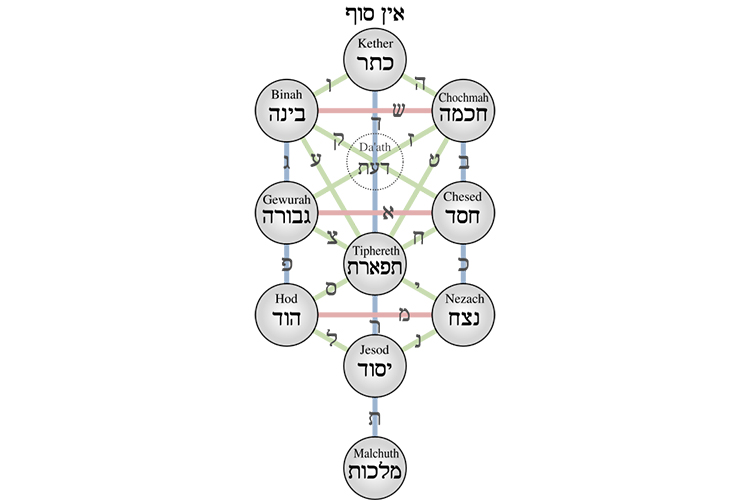
Spiritual Intelligence, by Gerald Epstein
Intelligence is a quality available to choose, as a function of mind that can live itself through us. In this article, I will focus on spiritual intelligence as understood within the Western Monotheistic traditions. Here we will explore five forms of intelligence: 1) moral, 2) analogical, 3) intuitive, 4) imaginal, 5) esoteric. Before proceeding, a…
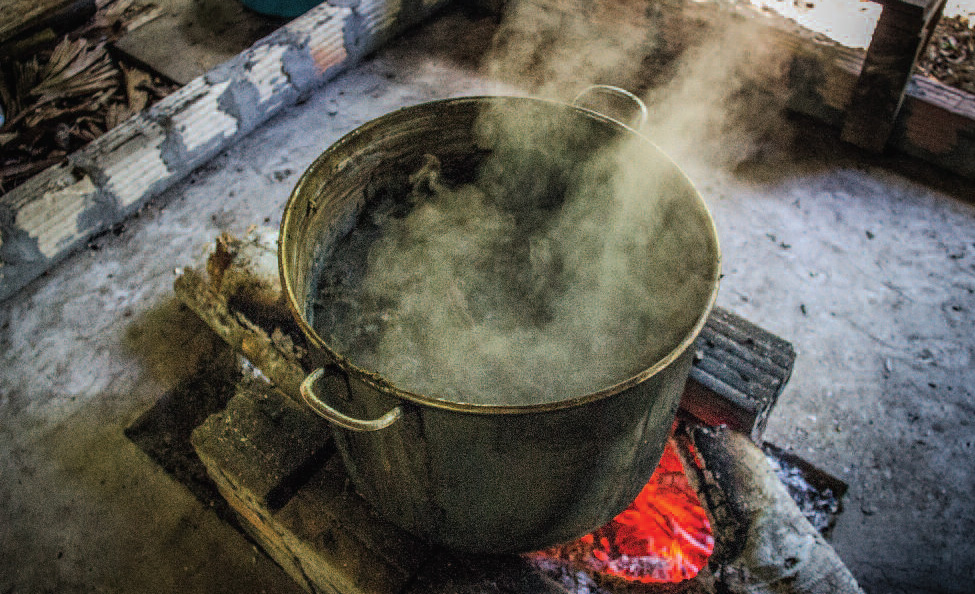
Plant Healing and Shamanism in the Deep Amazon, by Jorges Hachumak with David L. Carroll
Inside an Ayahuasca ceremony
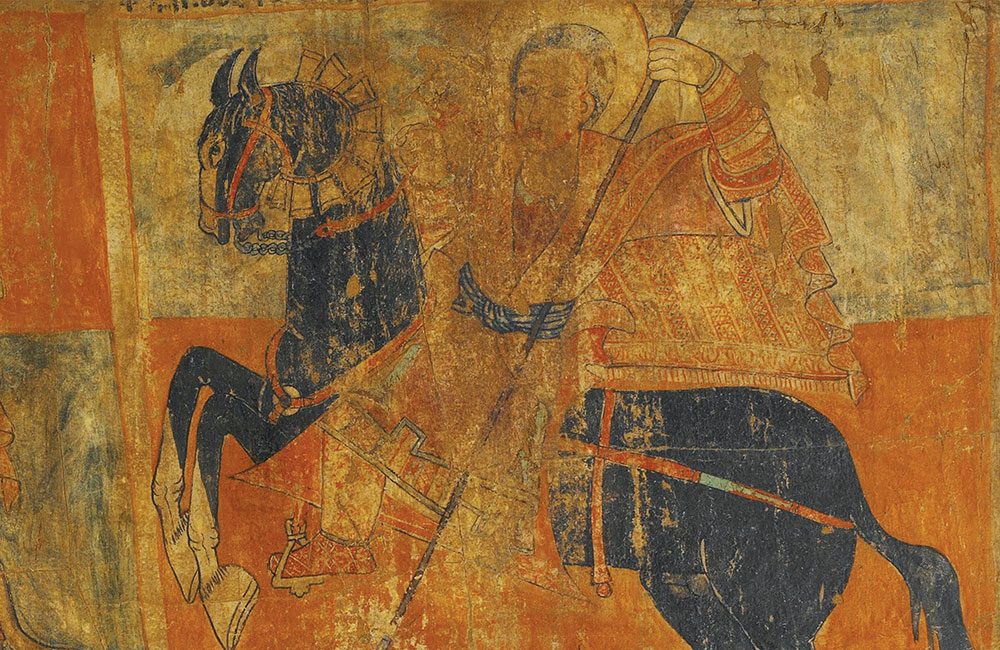
Parabola Podcast Episode 40: Mercy & Forgiveness
This episode shares excerpts from Parabola‘s current issue, “Mercy and Forgiveness.”

Parabola Podcast, Episode 9: “Spiritual Practice”
“Often I have come across stern pronouncements directed at people like me: One cannot dabble, say the priests and scholars. Spirituality is not a tasting menu. “New Agers” who borrow a bit of this religion and a bit of that, while discarding the parts they don’t like, will never have anything but a shallow and…

Equipment List for the Journey Home, by Trebbe Johnson
A guide to exploring, inner and outer
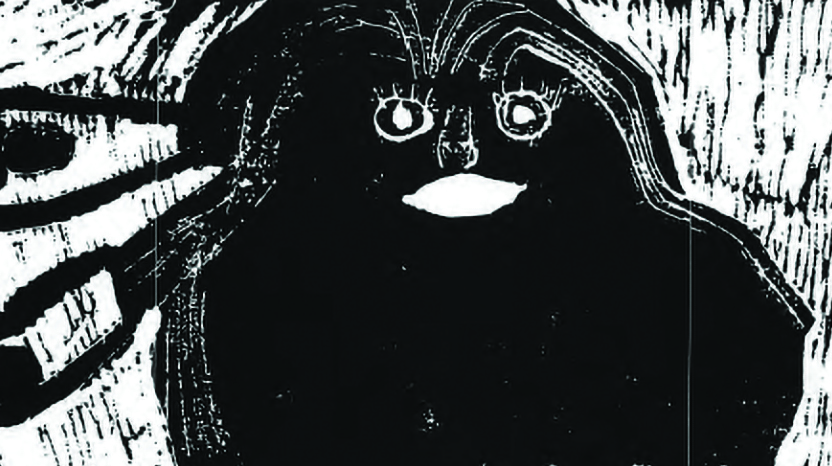
Inanna and the Land of No Return, by Rachel Nora Greene
A child retells the legend of the Sumerian goddess Inanna and her descent to the Nether World.
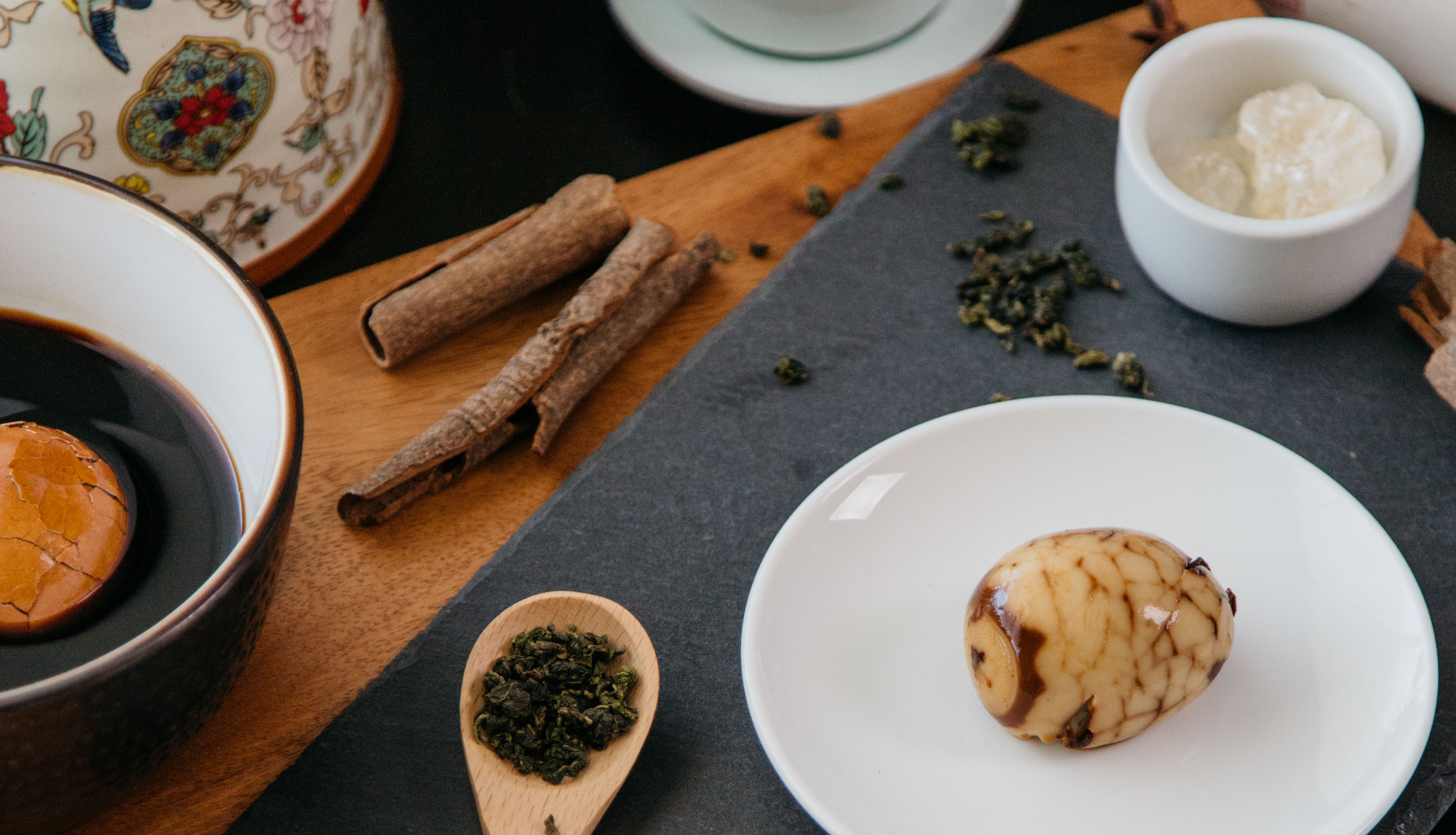
Gastronomy in Ancient China, by Donald Harper
Cooking for the sage king
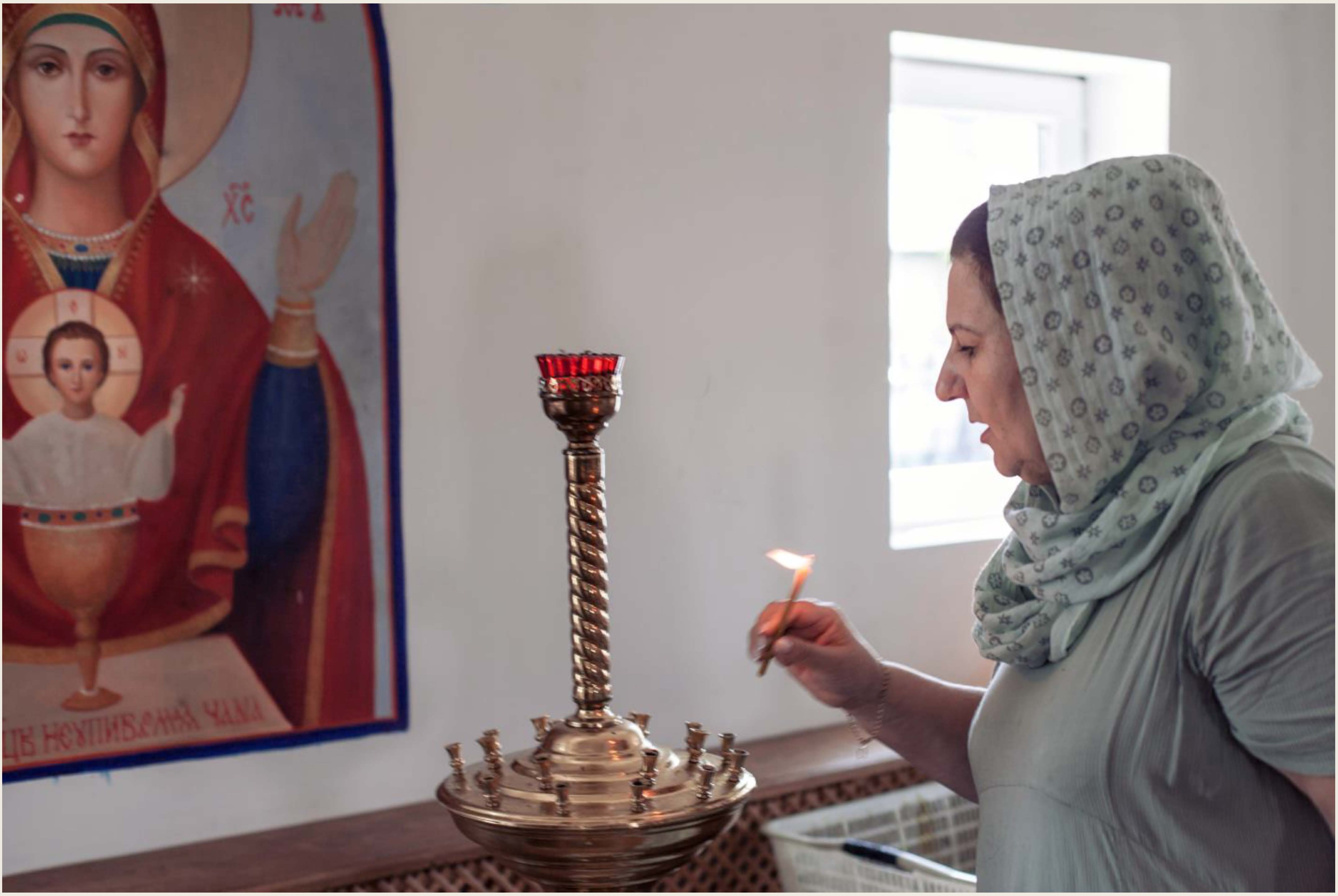
Icon and Mirror, a Photo Project by Pola Rader
The photo project “Icon and Mirror” by Pola Rader analyzes the Orthodox woman and her social role in feminist context.
Ceremony, an Aztec myth, By Fray Juan de Torquemada and Translated by David Johnson
How the Aztec god Tezcatlipoca created a fiesta of music.
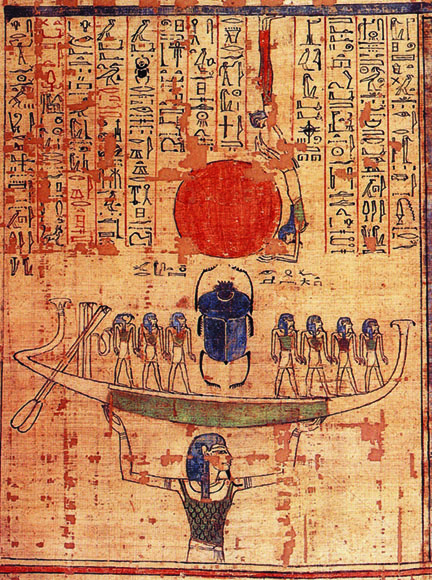
A Turning Point in the Cosmos, by Mary A. Osborne
Owen Barfield and the history of consciousness
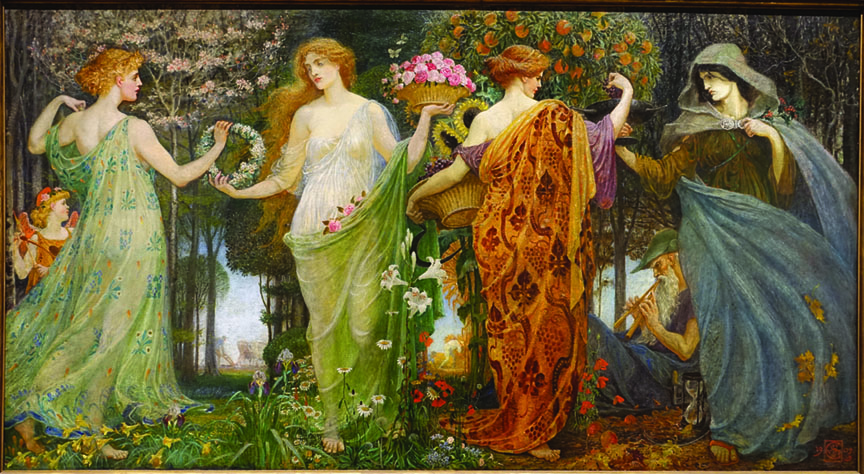
Sacred Time, by Llewellyn Vaughan-Lee
The seasons and the Cosmos
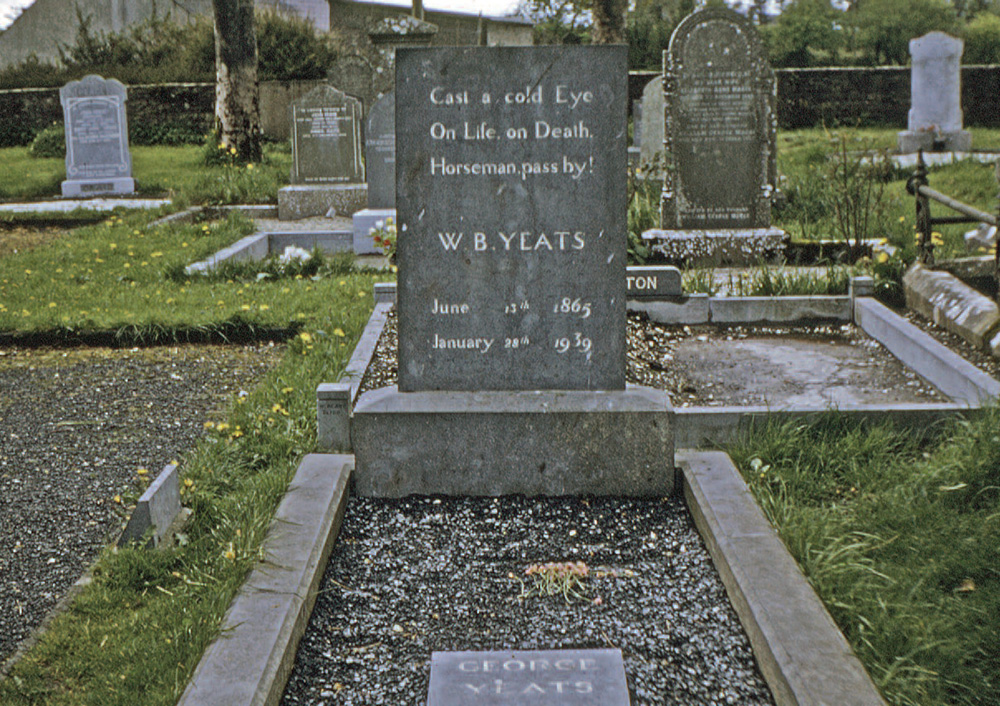
Three Poems by Jane Yolen
Three Poems by Jane Yolen
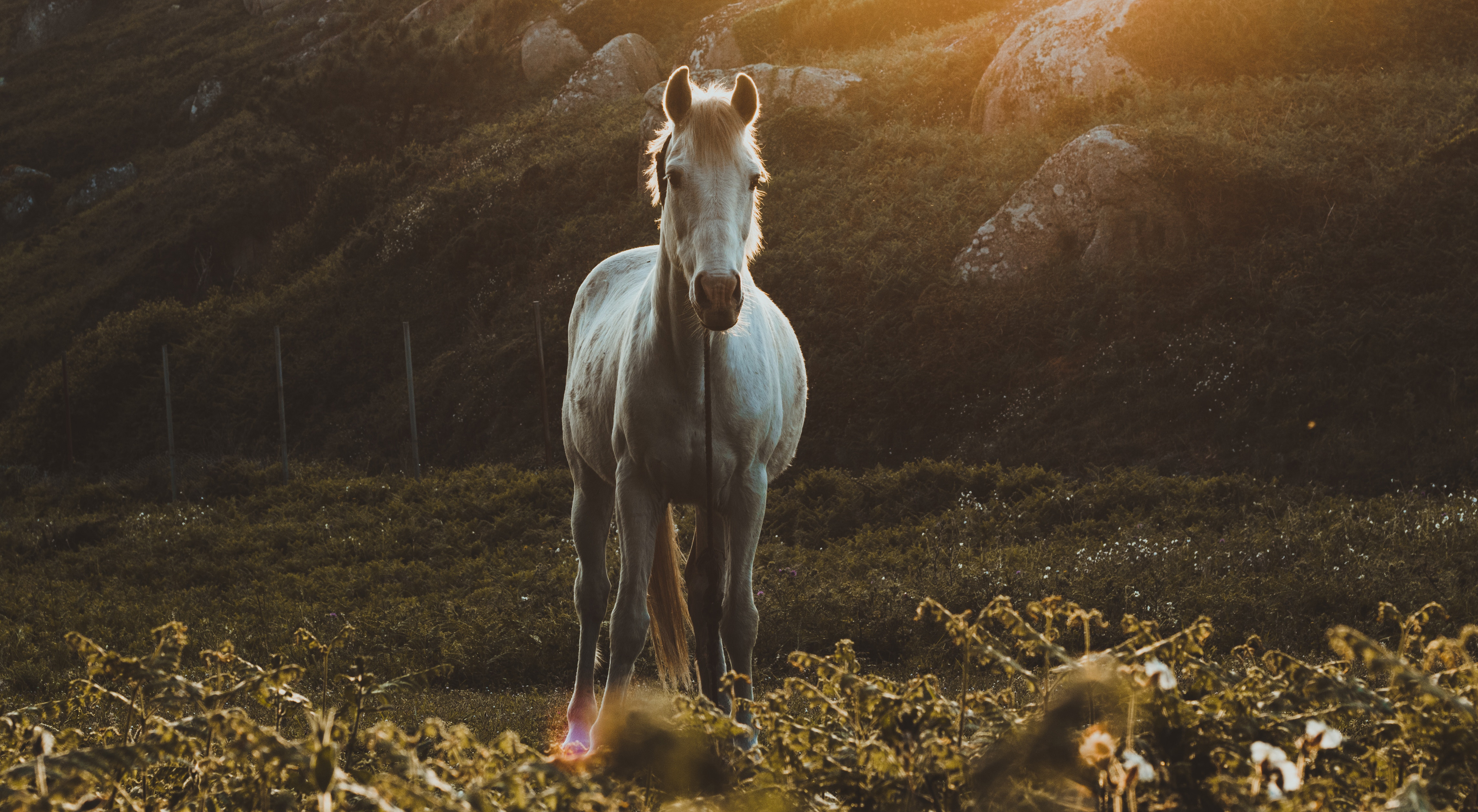
A Parabola Bestiary: Horses, by Alice van Buren
Meeting a horse to find peace, war, and the sea

Emptying the Cup, by Elizabeth Napp
To learn is to be vulnerable. It is to have the courage to say, “I don’t know” and the wisdom to know the difference between knowing and not knowing.
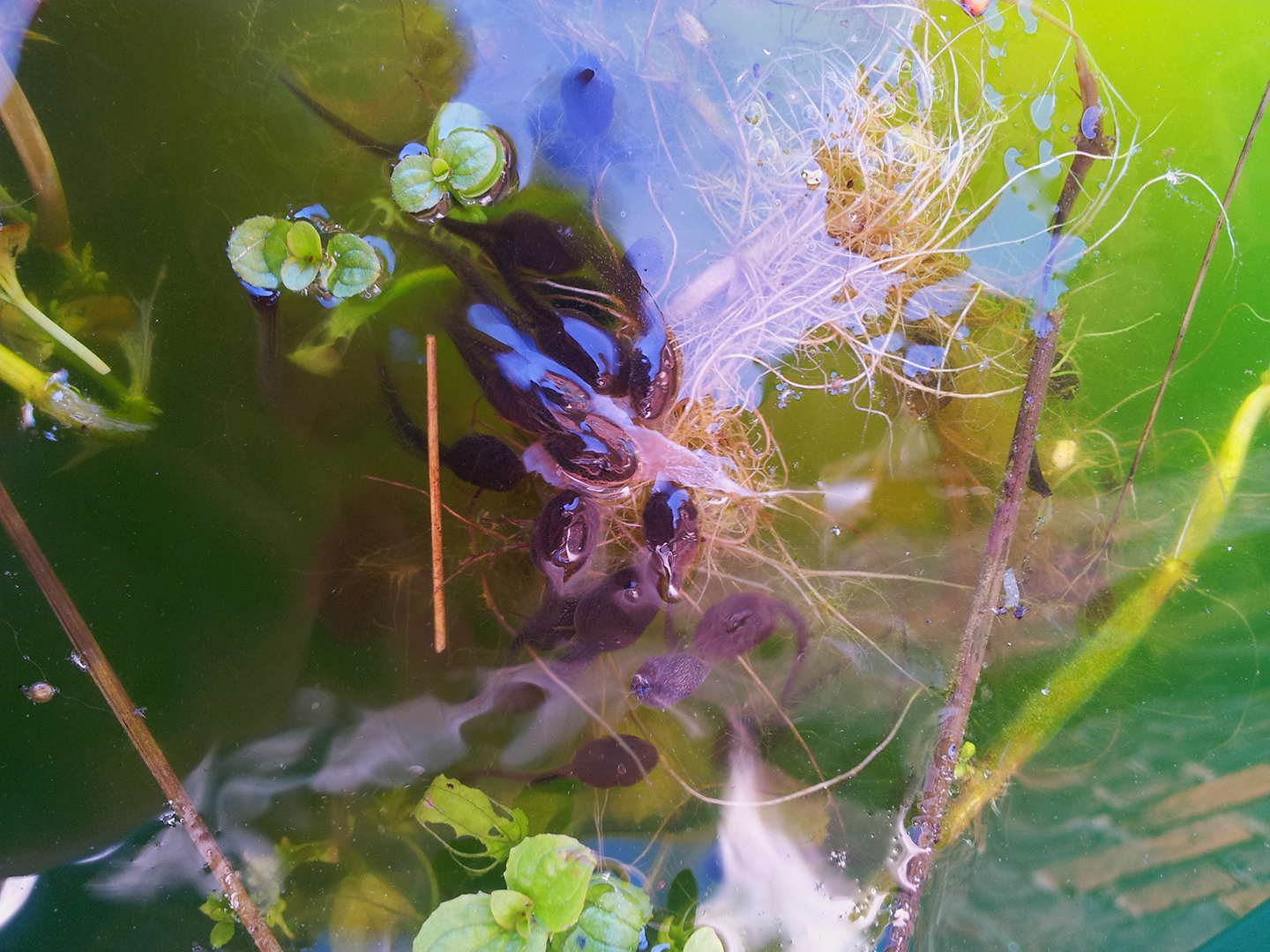
A Parabola Bestiary: Tadpole, by Janwillem van de Wetering
The fluidity of who and what we are reflected in embodied transformation

Parabola Podcast Episode 34: Hope
Story editor Betsy Cornwell shares excerpts from the current issue of Parabola, “Hope,” in this episode of the magazine’s free monthly podcast.

Spinning Straw, by Tracy Cochran
Naming Rumpelstiltskin, and the path to self-knowledge
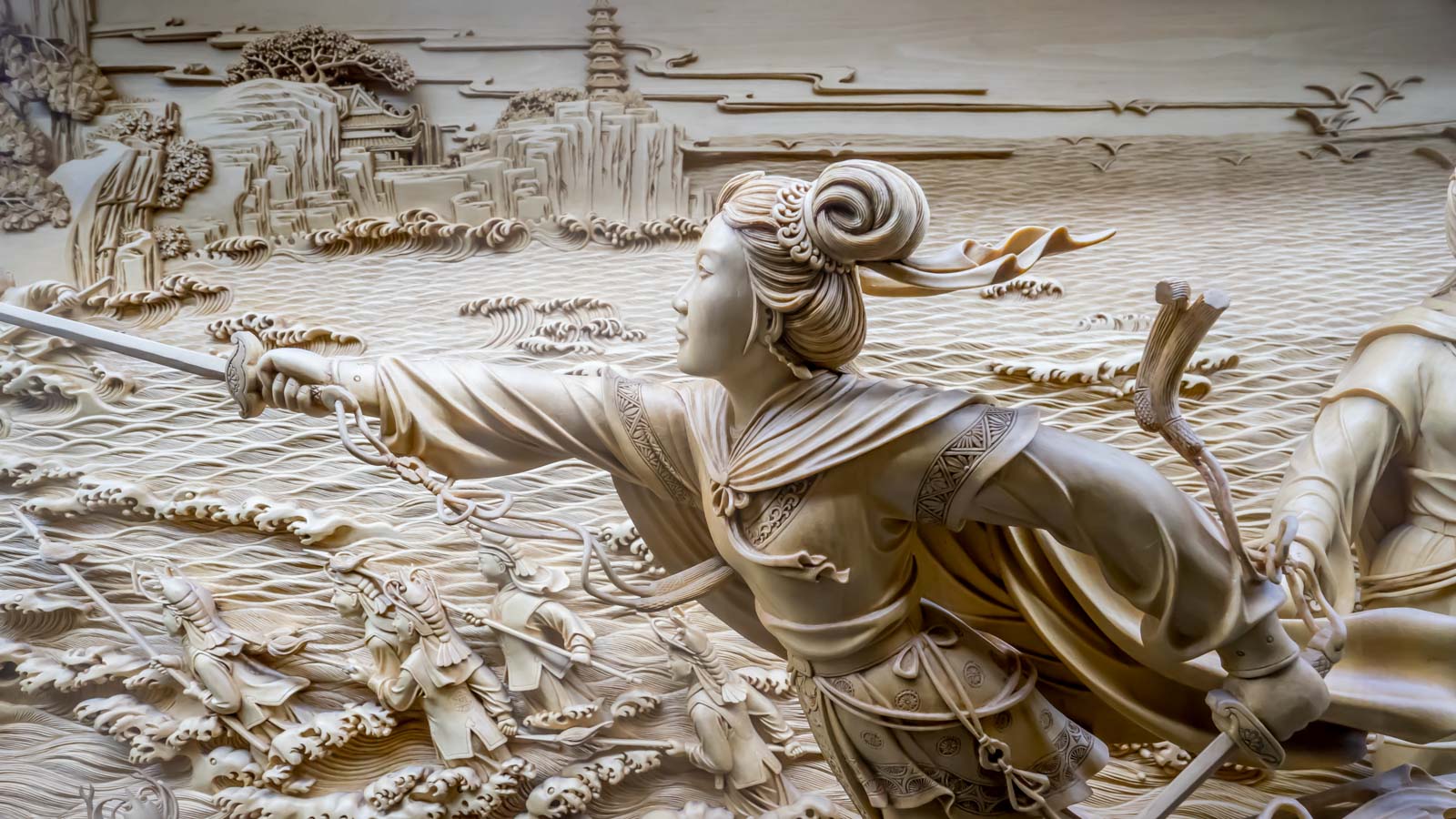
Parabola Podcast Episode 35: Change & the Changeless
Story Editor Betsy Cornwell shares Jim White’s moving essay “The Esoteric Shakespeare” and Scottish and Chinese fairy tales, as well as wise advice from Rainer Maria Rilke, in this episode of Parabola magazine’s free monthly podcast.

Prophets without Robes or Staffs, by Roger Lipsey
Hammarskjöld, Havel, Mandela, Thunberg
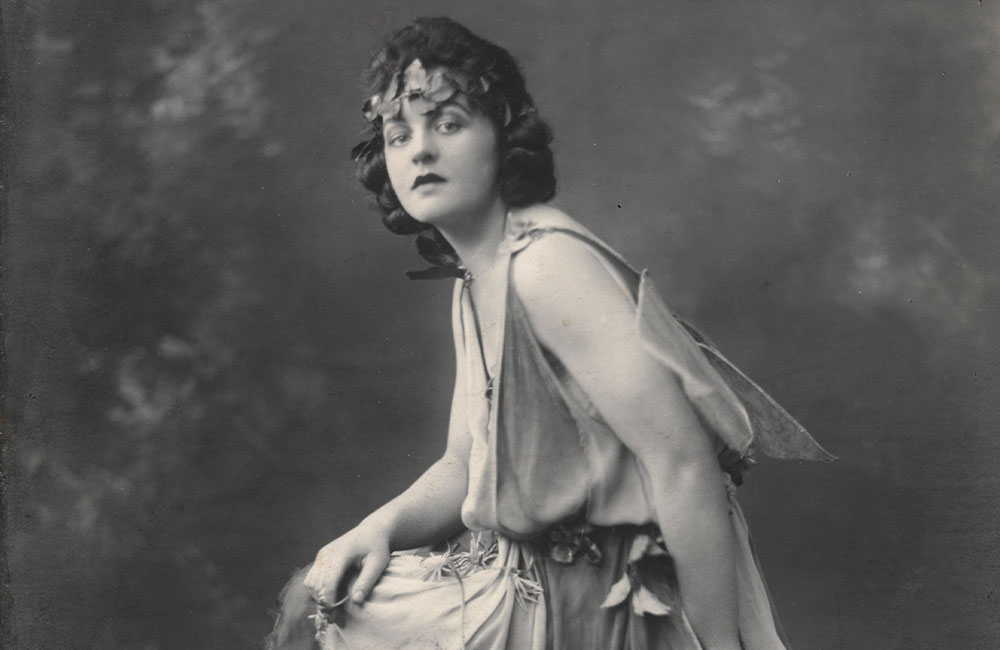
On Unknowing, by Pamela Travers
Travers in the role of Titania in a production of A Midsummer Night’s Dream, c. 1924 (Wikipedia) It is not ignorance. Rather, one could say, a particular process of cognition that has little or no use for words. It is part of our heritage at birth, the infant’s first primer. And the…
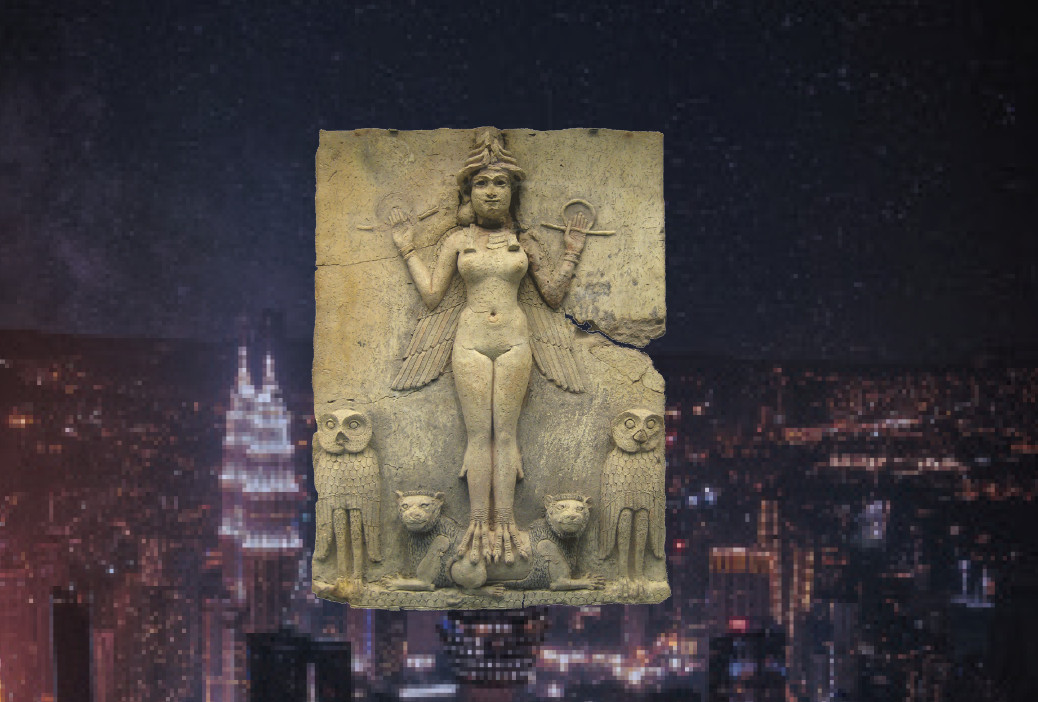
Parabola Podcast Episode 42: Goddess
The Descent offers a chance to look clearly at tired habits of thought and action. A woman may finally admit to an addiction or see how some long-denied pattern of action has failed her time and again. The Return offers a chance for something to be born or recovered. A woman may reclaim a talent…

Parabola Podcast Episode 46: The Creative Response
The Unknown — our beautiful Anglo-Saxon word, intimate, reverberant, profound, not so much to be understood but stood under while it rains upon us — that is something I could well live with and, indeed, have revered, cherished, and tried to serve for many a year and day.P.L. Travers, “The Interviewer,” from Vol. 13 No….

On Being Nobody…and No One, by Tracy Cochran
How deeply we fear being nobody. One way to think of the ego is as a defense against pain, particularly the pain of being no one.
Verbum Ineffabilis, by Anita Doyle
Cezanne, Fruit and Jug on Table, Detail (1890-94). “Before she could speak, my daughter taught me the language of silent things: fruits, flowers, an oaken chair. I came to understand, through my relationship to this small being, why the word adult forms the root of adulteration and adultery. Watching her, it became…
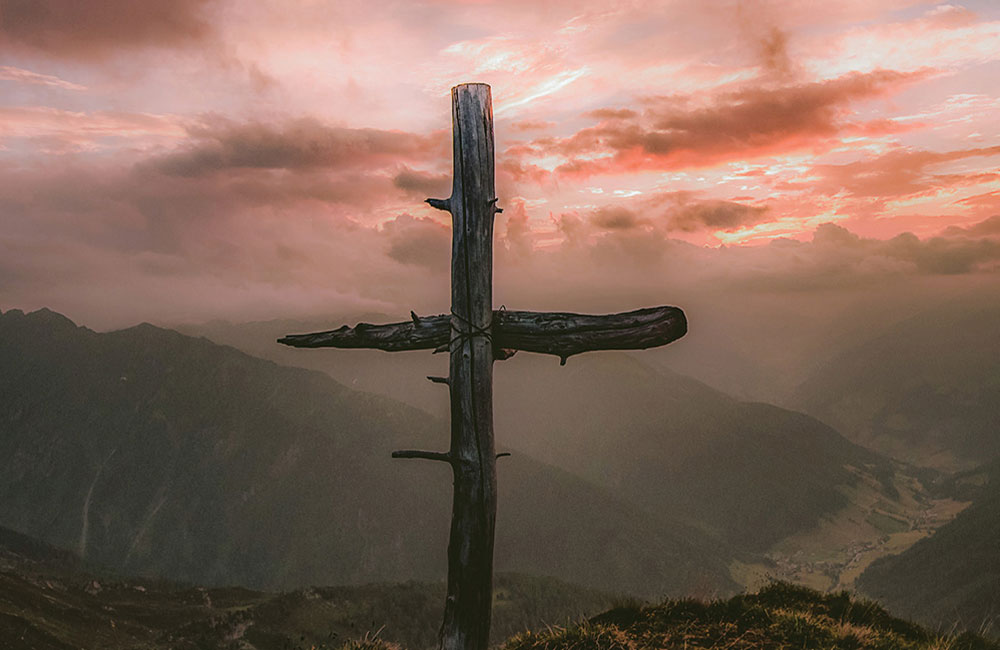
Mercy, by Lee van Laer
Understanding mercy as a force from on High